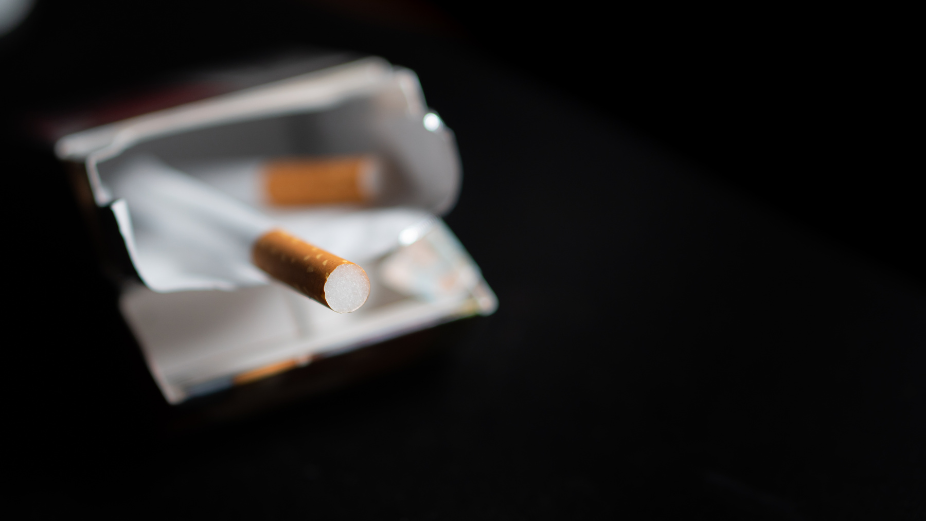
President Dr Mohamed Muizzu has proposed raising the minimum legal age for purchasing tobacco products from 18 to 21 years. In a social media post, he emphasised the need for this change as part of broader efforts to discourage young people from adopting unhealthy habits. This proposal also includes a revision of the Tobacco Control Act, aiming to present the changes to Parliament for approval.
The President’s call for stricter tobacco regulations comes as part of a larger strategy to reduce tobacco consumption in the Maldives. Last week, Dr Muizzu unveiled a comprehensive master plan that outlines multiple measures to address this issue, including amendments to the Export-Import Act. These amendments would increase duties on tobacco products, e-cigarettes, and related chemicals, signalling the government’s intention to make such products less accessible.
In line with these efforts, President Muizzu has directed authorities to ban the importation of vaping devices and their components from 15th November onwards. The government will follow this up with a complete ban on the use, possession, manufacture, sale, advertising, and free distribution of vaping devices from 15th December. Authorities are also being instructed to take stronger action against individuals who violate public smoking regulations, indicating a crackdown on non-compliance.
Raising the minimum age for purchasing tobacco products to 21 is expected to have significant public health benefits. By delaying access to tobacco, the government aims to reduce the likelihood of young people developing long-term smoking habits, which often begin in adolescence. Studies have shown that individuals who refrain from smoking during their teenage years are less likely to become regular smokers as adults, making this move an important preventive measure.
The proposed vaping ban is another crucial element of the President’s plan. While vaping is often marketed as a less harmful alternative to traditional cigarettes, concerns have grown globally about its long-term health effects, especially among younger populations. The ban on vaping devices could prevent the growing trend of vaping in the Maldives, particularly among young people who are increasingly turning to e-cigarettes as a trendy alternative to smoking.
If the proposed amendments are passed by Parliament, they would mark a significant tightening of tobacco and vaping regulations in the Maldives. The increase in duties on tobacco products and related items will likely lead to higher prices, which could discourage consumption. However, the government will need to monitor potential unintended consequences, such as the emergence of black markets for vaping devices and tobacco products.
Enforcing these regulations will require consistent action from authorities, particularly in controlling illegal imports and sales. Public awareness campaigns will also be essential to educate the population about the dangers of tobacco and vaping, as well as to ensure compliance with the new laws.
The President’s proposals represent a strong commitment to improving public health by reducing the prevalence of smoking and vaping in the country. By targeting both tobacco and vaping products, these measures have the potential to significantly decrease the health risks associated with smoking and nicotine addiction, particularly among younger generations.












